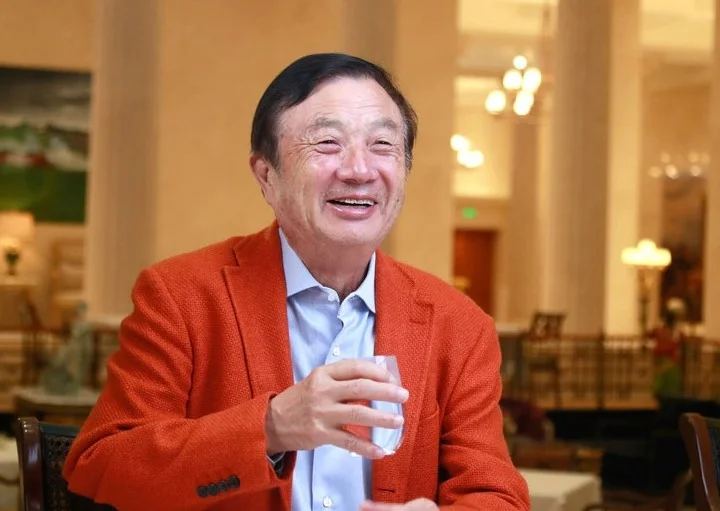Ren said the production of circuit boards has “stabilised” after Huawei developed replacement parts of US-banned components from domestic sources. More specifically, the Shenzhen-based company has developed more than 13,000 components in its range of products with local substitutes, and even redesigned over 4,000 circuit boards since it was imposed with heavy sanctions by the Trump administration back in 2019. As you may recall, Huawei was once a prominent brand in the smartphone segment, rivalling the likes of Samsung and Apple. However, its influence and reach have drastically fallen due to the successive rounds of US export controls, which had prevented it from receiving supply of components from US-based companies, as well as losing access to US-based technology tools to design and manufacture its own first-party chips. In the speech, Ren also expressed that he was an advocate of Western technology even after he founded Huawei, and further insisted that he is not “anti West”. “But all of a sudden, we were sanctioned, and they could not provide us with the components and tools, my mind went blank,” he said. The company founder and CEO added that Huawei had also spent US$ 23.8 billion (~RM 106.7 billion) on research and development in 2022. After its smartphone business was impacted by US sanctions, the company also began looking for other opportunities to stay afloat, including dabbling in enterprise solutions to help traditional industries to digitalise their operations. On the subject of ChatGPT, Ren commented that Huawei has no intention of introducing a competitor to the OpenAI platform. However, he noted that the AI-based technology could potentially generate more demand for the company’s products as the industry will need more computing power. (Source: SCMP)

